Exploring the world of health & wellness with an open heart & mind.
Don't wanna be here? Send us removal request.
Text
Diet Culture & POC Part V | Final Thoughts

We have reached the end of my little series!
I am definitely rusty when it comes to posting every day (my bad!), and I think it’s pretty clear that the thoughts in my head outweigh my ability to properly construct my thoughts into understandable sentences sometimes...
All of that aside, I do hope you have enjoyed the series and have taken some information/thoughts away with you to ponder in your free time!
I, by no means, have all the answers, nor do I want to come across as existing in the “right,” or only, state of thinking because that is not my intention.
Instead, I want to bring up some issues and thoughts that mean something to me that go against the grain so-to-speak. Advocating and fighting for equal representation and justice on behalf of POC is important, particularly where diet culture is concerned...too many POC are suffering physically, mentally, emotionally as a result of the imbalance in power and influence. We need to do better, and part of the solution is found when we open our hearts and minds to new and different.
For those who don’t know, elysia-metanoia broken down means:
[elysian (adj.): beautiful/creative; divinely inspired; peaceful/perfect]
[metanoia (n.): the journey of changing one’s mind, heart, self, or way of life; spiritual conversion]
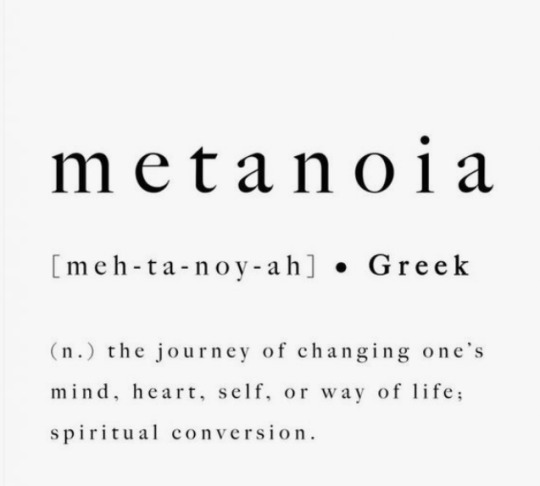
Moving forward from this series, I hope we can all progress with beautiful, divinely inspired spirits, remaining non-judgmental, with open and loving hearts & minds because there are so many ways of viewing the world- some beautiful, some not-so-beautiful. Nevertheless, it is important that we seek them out, learn & grow from/with them.
“Run to the rescue with love, and peace will follow.” - River Phoenix
Till next time!
Keep your hearts & minds open.
(&Don’t forget to show yourself some love. You are beautiful and worthy of it.)
Ellen
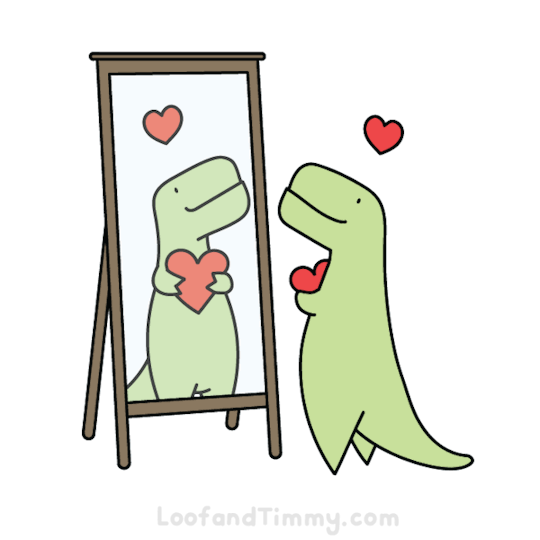
0 notes
Text
Diet Culture & POC Parts III & IV | Health Myths, Cultural Identity & Appropriation

I’m sorry, you guys! I have been having a really rough week/weekend and just haven’t been in the right mindset to work on this!
BUT here we are, so let’s do this!
***This is going to be a long post. I won’t be offended if you don’t reach the end!***
---------------------------------------------------------------------
At the end of my last post, I mentioned that in order to combat diet culture, which includes the damaging beauty standard that exists within it, we need to be seeing more people of color and size with varying, realistic health conditions. This brings me to part of today’s topic:
PART I: Health Myths That Specifically Discriminate Against People of Color (POC)
The largest health myths that I see perpetuated within diet culture are:
1. Certain ethnicities are genetically marked and destined for disease/s and because they battle so regularly with it/them, they must not care about their healths.
Per Harvard Medical, differences do exist among various ethnicities in relation to prevalence of disease/s, like Asians being at higher risk of developing coronary artery disease and/or diabetes; however, while genes can play a massive role, they’re not the only factor involved (Harvard Health Publishing, 2015). Harvard Medical notes that while there is validity to these genetic correlations, one’s socioeconomic standing can have an equally, if not more severe, role in defining one’s risk of developing disease/s (Harvard Health Publishing, 2015).
For example, if someone (of any race) is living in impoverished conditions, he/she can’t afford safe/stable housing, he/she most likely cannot afford to eat a whole diet, nor can he/she likely afford a gym membership, etc- all things that are crucial to fighting disease (AKA caring about his/her health).
An individual’s culture can also play a huge part in increasing/decreasing risk of disease. His/her culture impacts his/her view of food, physical activity, medicine, relationships, etc. These things ultimately go on to impact his/her approach to health, like avoiding certain foods, engaging in various physical activities (or not), seeking medical advice or not, etc (AKA caring about his/her health).
It has been my experience that people of color care a great deal about their healths. What is against them is the system- a system that perpetuates the myth that disease is inevitable if you are of a certain race, a system that does not acknowledge and/or meet you in your socioeconomic need (this goes for people of all races), a system that adheres to one type of health and wellness and has a set agenda, a system that ultimately does not acknowledge the individual.
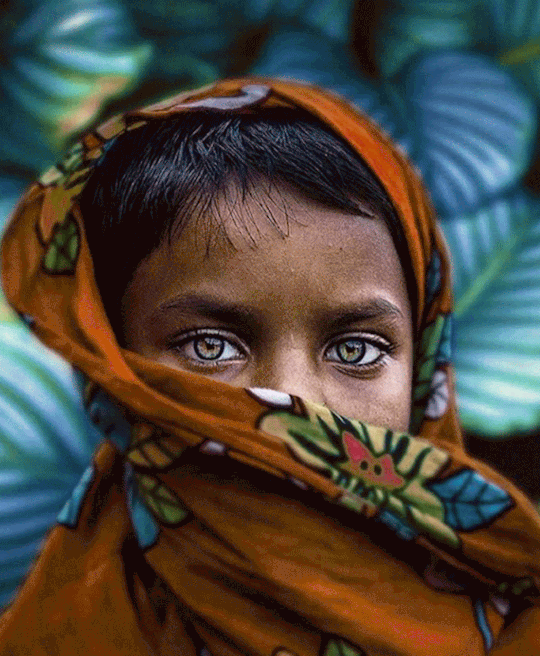
2. Health is the same across the board.
Health is not the same for everyone. Period.
Health encompasses multiple areas beyond anatomical and physiological health and because of this, taking into consideration one’s socioeconomic, mental, cultural health is critical.
Health and diet culture concepts that exist as “necessary” and “standard” in the U.S. are not necessarily seen in the same light in other countries...which leads to part II.
PART II: Cultural Identity and Appropriation
One’s cultural identity plays an integral part of who they are and helps create structures and values within one’s life. This is especially true where diet culture is concerned. On the other side of this, however, exists a phenomena of cultural appropriation.
Regarding cultural identity and diet culture, one example comes immediately to mind:
A few years ago, I worked for a cardiology office near a relatively impoverished city. This southern city has a population of nearly 33,000 people and is predominantly comprised of African Americans, many of whom have cardiac-related medical issues. There were multiple occasions where the physician would inform a patient that he/she was being diagnosed with hypertension and would need to either a) make life changes, like adhering to the DASH diet and regularly engage in physical activity or b) not make life changes, be prescribed medication/s, and be at risk for other diseases, like diabetes. These patients often expected the diagnosis, however, they frequently rejected the treatment options. A lot of the time, the reason for the rejection, specifically the rejection of changing food habits, was due to cultural implications.
I remember one patient in particular told me that they were unable to adhere to the DASH diet because they had regular social, community engagements that required them to eat the food (e.g. after-church potlucks, prayer group luncheons, etc). This patient’s southern background was part of who they are and changing certain lifestyle habits ultimately meant them changing too, but diet culture does not have empathy for this. Instead, diet culture gives ultimatums and uses strong moral language (e.g. “good/bad” foods) to coerce people into following the rules (that don’t necessarily lead to the same level of health for all people!).
“An African-American’s traditional diet focuses on soul food. These are foods to nourish the soul and traditionally are rich in nutrients, as found in collard greens and other leafy green and yellow vegetables, legumes, okra, beans, rice and potatoes. Unfortunately, soul food is also seen as an unhealthy type of diet and typically involves fried foods and lots of fatty meats prepared with rich gravies.My clients want to continue eating their traditional foods and also want to become healthier versions of themselves. But they don’t know where to start because their diets and lifestyle are not represented. Where is the guidebook to healthy eating that includes every culture?” (Jones, 2018).
In the words of my friend, Kamryn Hines, BS, RD (to-be), “You do not need to let go of who you are, your heritage, or your background to live a healthy life that YOU love.”
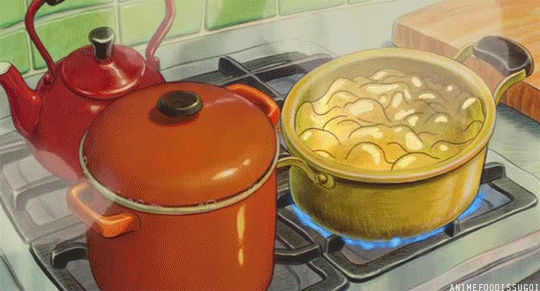
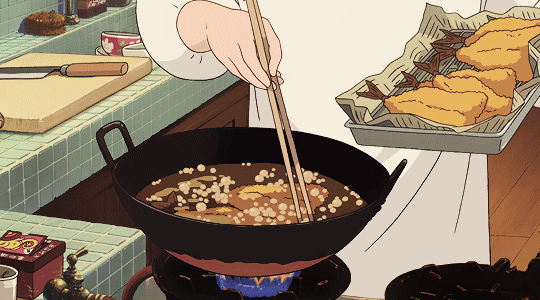
FINALLY (because I know your eyes are probably glazing over!)- let’s talk about aspects of culture that have been appropriated by diet culture.
I have been following Dr.Colleen Reichmann (@drcolleenreichmann) for a little over a year on Instagram, and she recently posted something interesting:
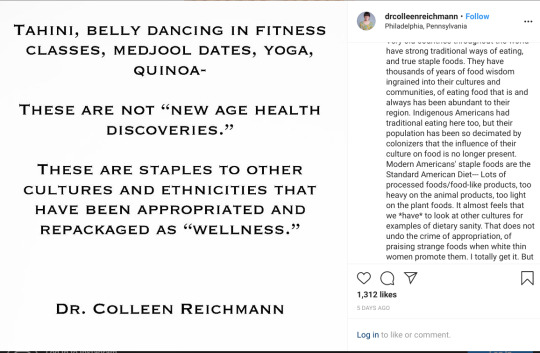
As Dr.Reichmann explains, diet culture has packaged various aspects of different cultures and advertised them as things for wealthy, white women (and men), all the while excluding the historical and cultural significance of those activities. It’s not okay.
So what can we do?
1. As previously mentioned, acknowledge privilege.
2. Vocalize and fight for the need of inclusion and equal representation in all mediums (for this blog, diet culture!).
3. Acknowledge that health is multifactorial and is heavily dependent on socioeconomic factors, especially culture!
4. Acknowledge the cultural and historical significance of trends, especially if they have been appropriated from another culture.
5. Keep your heart & mind open.
Until tomorrow!
Ellen
***My apologies, in advance, if it doesn’t completely make sense. have a lot of thoughts on this topic as well, so there are some things I may have missed or glossed over or just not elaborated on enough. I may return to this to edit later!***
References:
Harvard Health Publishing. (2015). “Race and Ethnicity: Clues to Your Heart Disease Risk.” Retrieved from https://www.health.harvard.edu/heart-health/race-and-ethnicity-clues-to-your-heart-disease-risk
Charmaine Jones. (2018). “Do I Have to Start Eating Like the White People?” Retrieved from https://www.foodjonezi.com/blog/is-the-nutrition-industry-neglecting-your-culture
0 notes
Text
Diet Culture & POC Part II | Beauty Standards, Inclusiveness & Representation
I’m sorry it has taken me some time to get around to this post...but as promised, I am back to talk about diet culture & the impact it has on people of color, specifically through beauty standards (which will cover inclusiveness and representation). Let’s go!

-------------------------------------------------------------------
Before we start, we have to address a pretty uncomfortable concept for some to sit with: white privilege.
White privilege, as defined by Francis E. Kendall, Ph.D., is “an institutional (rather than personal) set of benefits granted to those of us who, by race, resemble the powerful positions in our institutions...[with one of the greatest privileges being] having greater access to power and resources” (Kendall, 2002).
-------------------------------------------------------------------
Now that you know the definition of white privilege, consider the world around you. Are you able to pinpoint any examples of white privilege in your own life?
If you can’t think of anything, consider dieting/diet culture.
What do you think of when you think about dieting?
What about health foods? Health trends? Health/wellness activities?
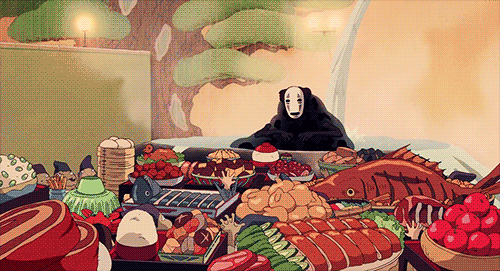

For me, I often think about yoga studios, chia seed/kale smoothies & overpriced food from Whole Foods, Gold’s Gyms, detox teas and wraps.
Above all this?
I think of wealthy, beautiful, thin/perfectly hour glass-shaped white women and beefy white guys on Instagram telling people “If you work hard enough/if you follow my routine/if you buy my supplements, you can be fit and healthy like me!”
In my eyes, while there are so many problems with diet culture, one of its biggest pitfalls is its defense and support of a specific standard of beauty, specifically white beauty as the standard.
“Light skin color and caucasoid features have traditionally been associated with attractiveness, beauty, and superiority” (Mucherah & Frazier, 2013).

For example, if you type in “fitness magazine” into Google Images, you will see majority white men and women with a few images of fit women and men of color here and there, yet they often still embody the white standard of beauty (e.g. thin, similar facial features, etc).
So why does this matter?
People of color often experience low self esteem (Mucherah & Frazier, 2013) and sometimes even undiagnosed and/or untreated disordered eating behaviors (Belgrave & Javier, 2017) as a byproduct of “skin [ultimately determining] identity and attitudes towards self-worth” (Mucherah & Frazier, 2013).
By not including people of color, particularly people of color in varying shapes and sizes, of various cultural backgrounds and dietary customs, they are often unable to find themselves within the realm of health and wellness. Instead, they will run after an already-unobtainable, unrealistic version of health and wellness in the form of a white person and ultimately, embody an unhealthy version of themselves as it was a version not meant for them.
So what does this mean?
As with many mediums in life (e.g. cinema, music, medicine, etc), people of color need to be brought into center stage. We need to be seeing more people of color, in varying sizes, with varying health conditions preaching beauty beyond skin/size/culture...but I’m rambling and am lost in my thoughts (with many more words I want to say) now. Let’s save this conversation for another day!
For now, keep your heart & mind open!
Ellen
*I may come back and edit/expand. My brain is honestly fried right now. My apologies if this doesn’t make complete sense...
Resources:
Kendall, F. (2002). Understanding White Privilege. doi: 10.4324/9780203114162
Javier, S. J., & Belgrave, F. Z. (2019). “I’m not White, I have to be pretty and skinny”: A qualitative exploration of body image and eating disorders among Asian American women. Asian American Journal of Psychology, 10(2), 141–153. doi: 10.1037/aap0000133
Mucherah, W., & Frazier, A. D. (2013). How deep is skin-deep? The relationship between skin color satisfaction, estimation of body image, and self-esteem among women of African descent. Journal of Applied Social Psychology, 43(6), 1177–1184. doi: 10.1111/jasp.12081
1 note
·
View note
Text
Diet Culture & POC Part I | Intro
Preface-
Wow.
It has been nearly a decade since I have utilized a platform like Tumblr. Through out middle school and high school/early university, I was absolutely addicted to Tumblr. At one point, I am pretty sure I was spending at least 6+ hours a day on it, so this is such a surreal experience. I can honestly say I never thought I would be back, but here I am!

Now on to more pressing matters.
Initially, I was hoping to do a vlog, but I realized I just don’t have the time or equipment right now, so I may revisit that later.
Instead, I obviously am going to be blogging and unlike during my younger years, this blog is going to be dedicated to my thoughts and opinions on the world of health and wellness.
While I am hoping to use this space to talk about things like intuitive eating and joyful movement, as well as other current topics, I am going to spend the next few days blogging specifically about diet culture and its impact on people of color (POC).
My schedule is (hopefully) going to look like this:
Day 1 (Today): Introduction
Day 2: Beauty Standards/Inclusiveness/Representation
Day 3: Health Myths
Day 4: Cultural Identity and Appropriation
Day 5: Conclusions / Q&A from other social media platforms (e.g. Facebook and Instagram).
I am excited to get started, I hope you enjoy (and are potentially able to learn a thing or two along the way) too!
Until tomorrow, keep your heart & mind open!
Ellen

3 notes
·
View notes